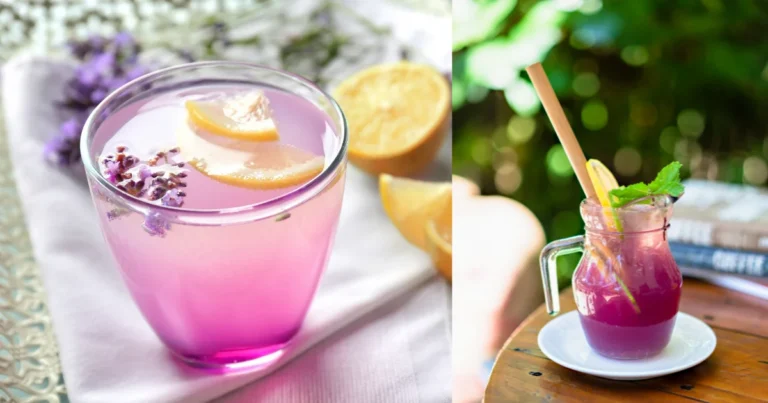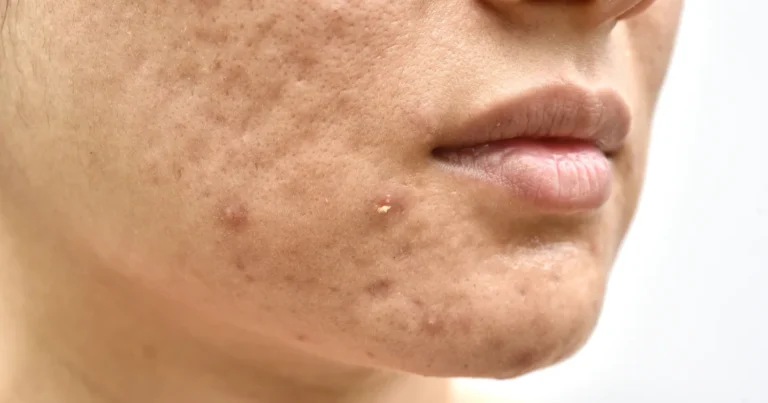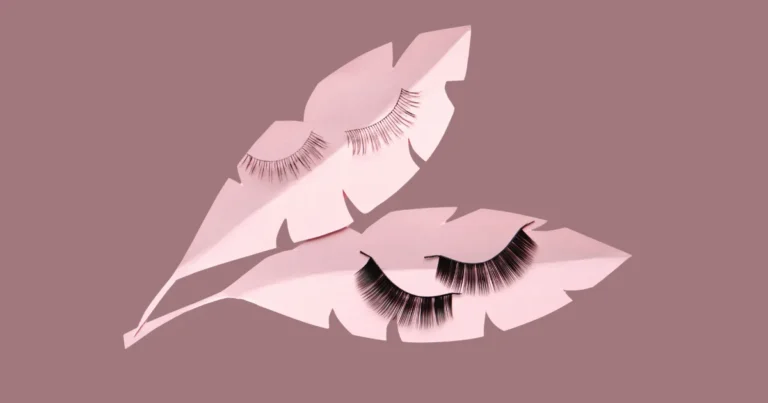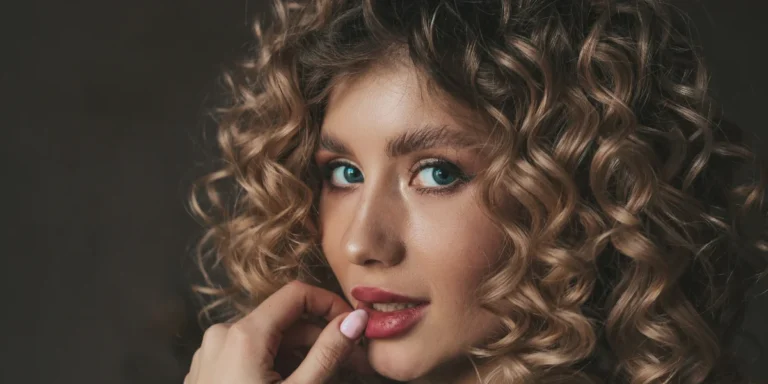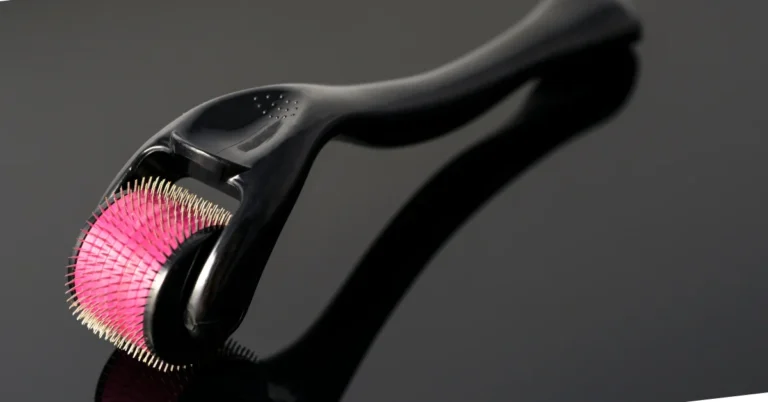Dandruff vs. Dry Scalp: Differences & Treatments
Dandruff and dry scalp are two common scalp conditions that can cause discomfort and embarrassment. While they may share similar symptoms, such as flaking and itching, the underlying causes and treatments differ.
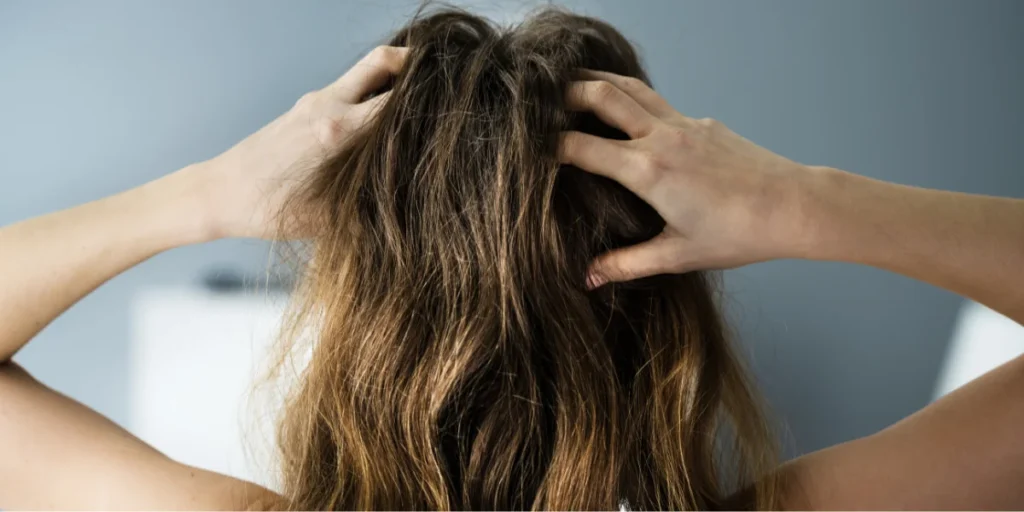
Dandruff vs. Dry Scalp: Understanding the Difference
1. Dandruff:
Dandruff is a chronic scalp condition in which dead skin cells build up on the surface of your skin, characterized by the overgrowth of a yeast-like fungus called Malassezia. This overgrowth leads to increased cell turnover, forming large, oily flakes on the scalp and hair.
2. Dry Scalp:
A dry scalp occurs when the skin on the scalp lacks sufficient moisture, leading to flaking and itching. It may be caused by factors such as cold weather, indoor heating, frequent shampooing, or the use of harsh hair care products.
| Features | Dry Scalp | Dandruff |
|---|---|---|
| Definition | Dryness and flakiness of scalp | Oily or dry flakes due to Malassezia fungus |
| Primary Cause | Insufficient moisture | Malassezia fungus overgrowth |
| Symptoms | Itchiness, small white flakes | Itchiness, oily or dry flakes, redness |
| Scalp Appearance | Dry, small white flakes | Oily or greasy, larger flakes |
| Common Triggers | Cold weather, harsh products | Hormonal changes, stress |
| Treatment Approach | Moisturizing, gentle shampoos | Anti-dandruff shampoos |
| Frequency | Dryness and flakiness of the scalp | Chronic condition |
types of dandruff
1. Oily Dandruff:
Oily dandruff, also known as seborrheic dermatitis, is characterized by large, yellowish flakes on the scalp that are often accompanied by greasy hair.
This type of dandruff occurs due to an overproduction of sebum, the natural oil produced by the scalp.
The excess oil creates an ideal environment for the growth of Malassezia, a yeast-like fungus that contributes to dandruff formation. Oily dandruff can be stubborn and persistent, requiring specialized treatments to control both the flaking and greasiness.
2. Dry Dandruff:
Dry dandruff presents as smaller, white flakes on the scalp and hair. Unlike oily dandruff, dry dandruff is associated with a lack of moisture on the scalp.
factors that lead to dryness and flaking include;
- cold weather
- indoor heating
- frequent shampooing
- use of harsh hair care products can strip the scalp of its natural oils
Dry dandruff may be less severe than oily dandruff, but it can still cause itching and discomfort if left untreated
Types of Dry Scalp:
1. Mild Dry Scalp:
A mild dry scalp is characterized by small, white flakes on the scalp that are often accompanied by mild itching or discomfort.
This type of dry scalp is typically caused by environmental factors such as
- cold weather
- indoor heating
- frequent shampooing.
The flakes may be noticeable, but they are usually not as severe as those associated with dandruff.
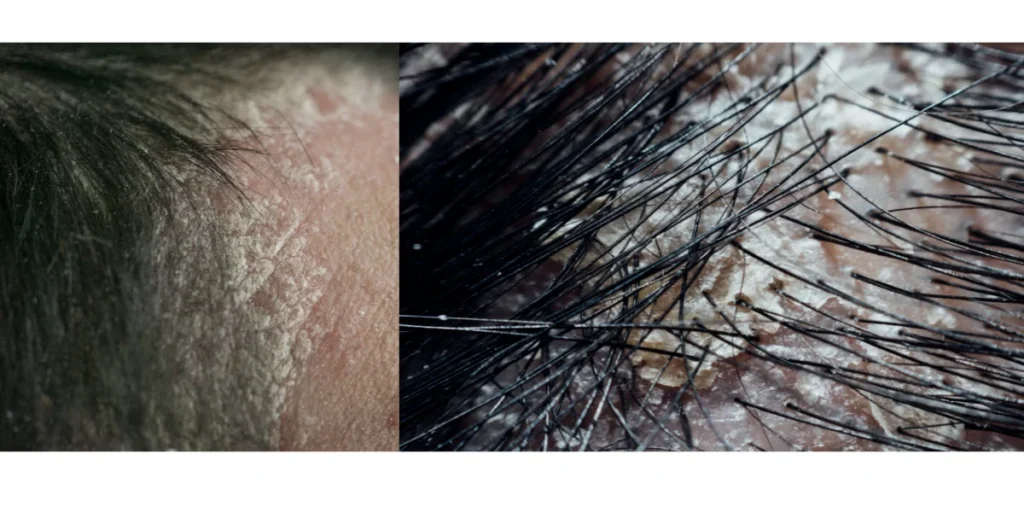
Severe Dry Scalp:
Severe dry scalp, also known as scalp eczema or scalp psoriasis, can cause larger flakes, redness, and intense itching or discomfort. This type of dry scalp is often chronic and may be linked to underlying skin conditions such as eczema or psoriasis.
Severe dry scalp requires careful management and may require medical treatment to alleviate symptoms and prevent flare-ups.
Treatments:
1. Use Moisturizing Shampoos:
Opt for gentle, moisturizing shampoos that are specifically formulated for dry scalp or dandruff. Look for ingredients like coconut oil, or salicylic acid to help soothe the scalp and reduce flaking.
According to (NIH), anti-dandruff shampoos have at least one of the ingredients present below Salicylic acid, sulfur, Zinc pyrithione, Tar, Selenium sulfide, Ketoconazole, Ciclopirox, and Clobetasol.
Awareness
Be cautious of products that promise to treat dandruff or dry scalp but contain sodium lauryl sulfate (SLS). This ingredient not only removes dirt from the hair but also strips away all the beneficial natural oils from your scalp, leading to worsened hair conditions.
2. Natural Remedies:
Incorporate natural home remedies to cure dandruff or dry scalp, such as apple cider vinegar rinses, aloe vera gel, or tea tree oil massages into your hair care routine. These remedies can help hydrate the scalp, reduce inflammation, and alleviate itching.
3. Limit Heat Styling:
Reduce the use of heat styling tools such as hair dryers and flat irons, as they can strip moisture from the scalp and exacerbate dryness and flaking.
4. Stay Hydrated:
Drink plenty of water to keep your body and scalp hydrated from the inside out. Hydration is essential for maintaining scalp health and preventing dryness.
5. Avoid Harsh Hair Products:
Steer clear of hair care products containing harsh chemicals, sulfates, or alcohol, as they can strip the scalp of its natural oils and worsen dryness and flaking.
6. Less Frequently Wash:
Always remember that washing your hair too frequently not only brittle your hair but also removes natural oils from the hair causing your scalp affected by severe dry or dandruff conditions. so, trying to wash your hair 1-2 times a week will balance your scalp’s PH and healthy hair.
7. Use Humidifier:
Humidifiers provide essential moisture to the air, benefiting those with dry and dandruff-prone scalps. By maintaining optimal humidity levels, they prevent scalp dryness and alleviate itchiness, while also reducing the occurrence and severity of dandruff. This moisture supports overall scalp health, strengthening the skin barrier and reducing irritation.
when to see a doctor:
If home remedies fail to provide relief or if symptoms persist or worsen, consult a dermatologist. A dermatologist can assess your scalp health, determine the underlying cause of your condition, and recommend appropriate treatments or medications.
outlook:
Dandruff is not curable but can be managed through proper medication and lifestyle. but when you stop caring about your hair you will affected by the severe scalp conditions again.
Both conditions are a mystery for the doctor because it is harmless on one person’s scalp and at the same time cause severe issues on the other person’s scalp. but both conditions are annoying and not harmful to your skin.

